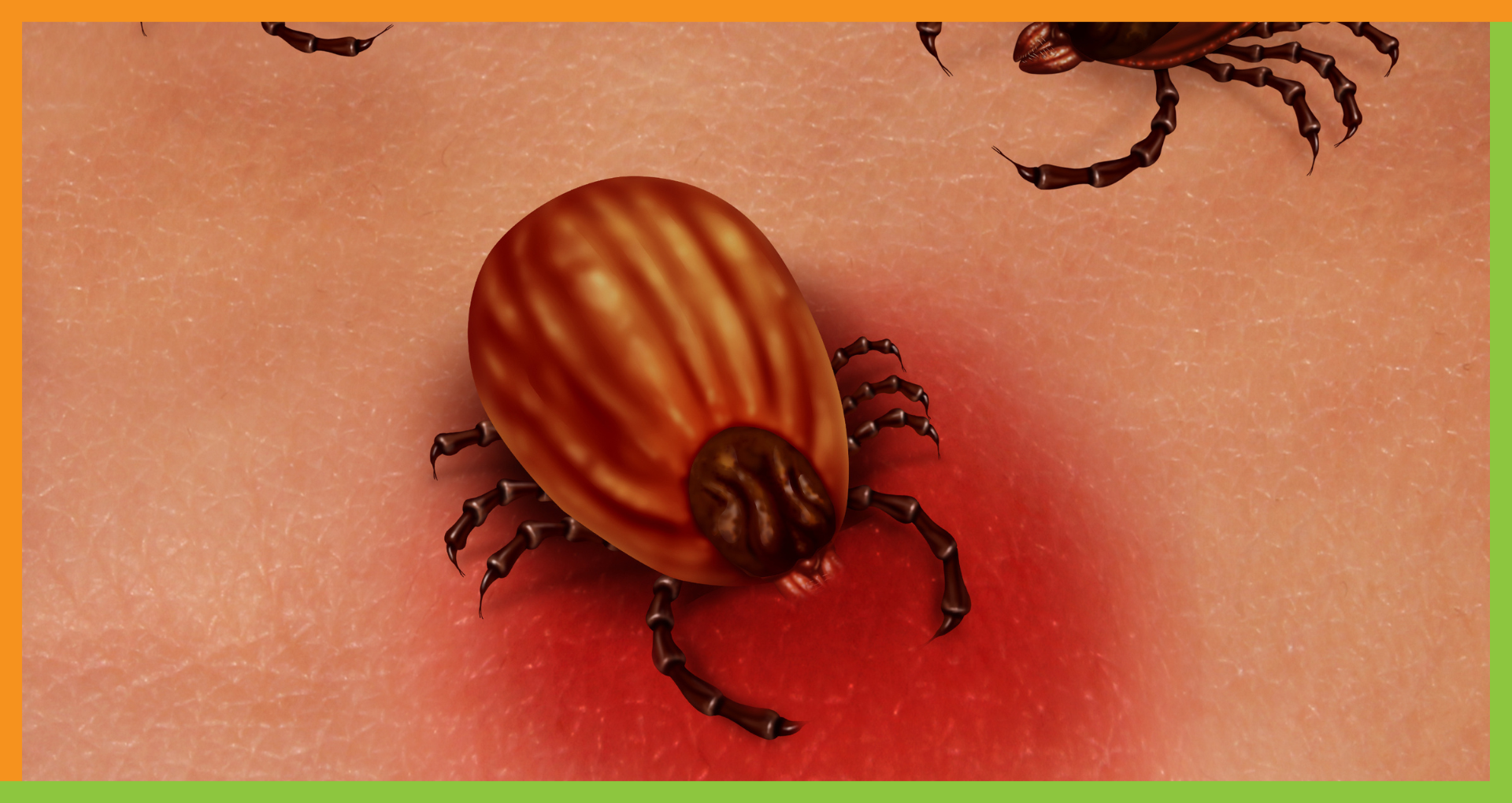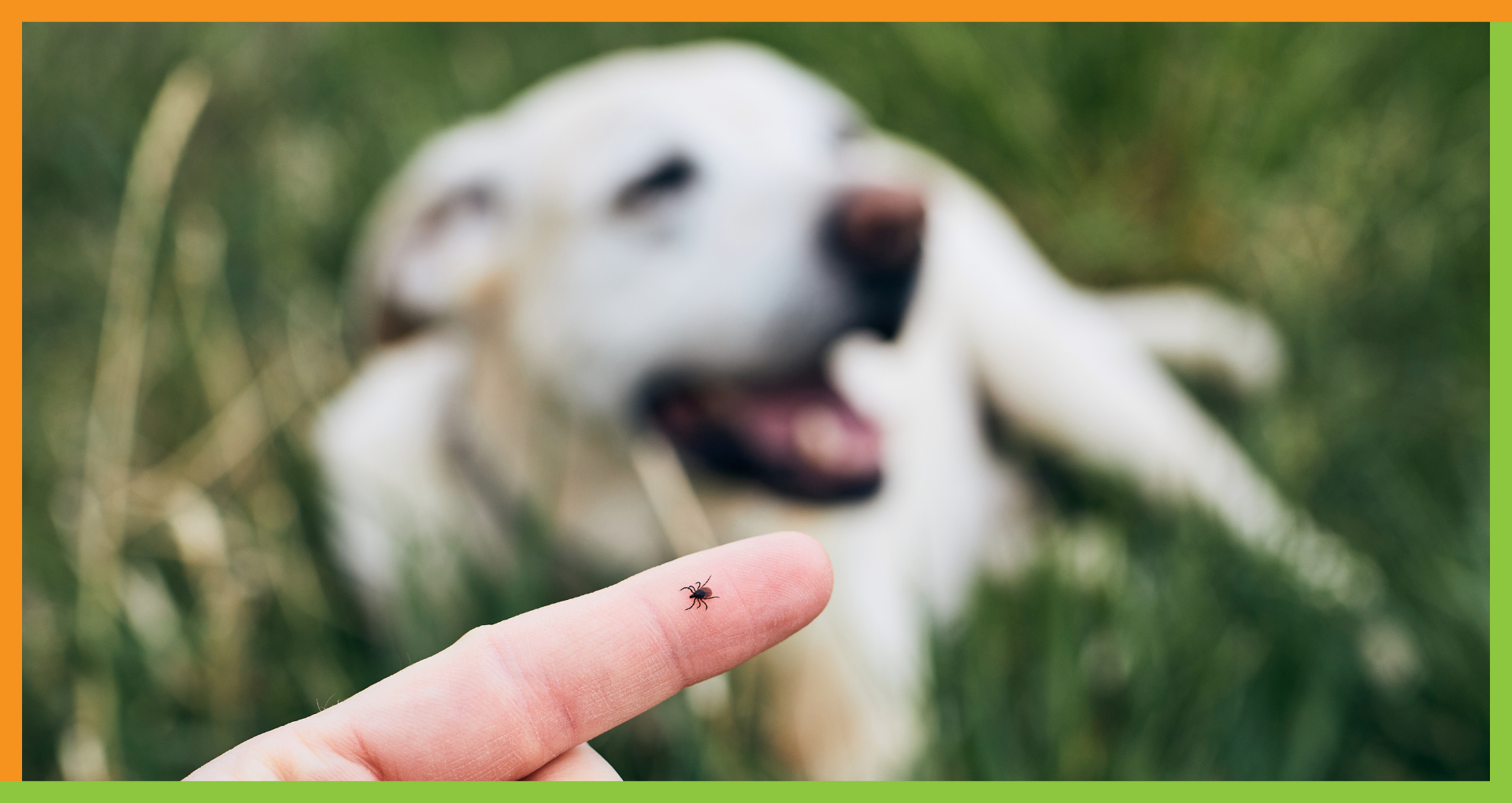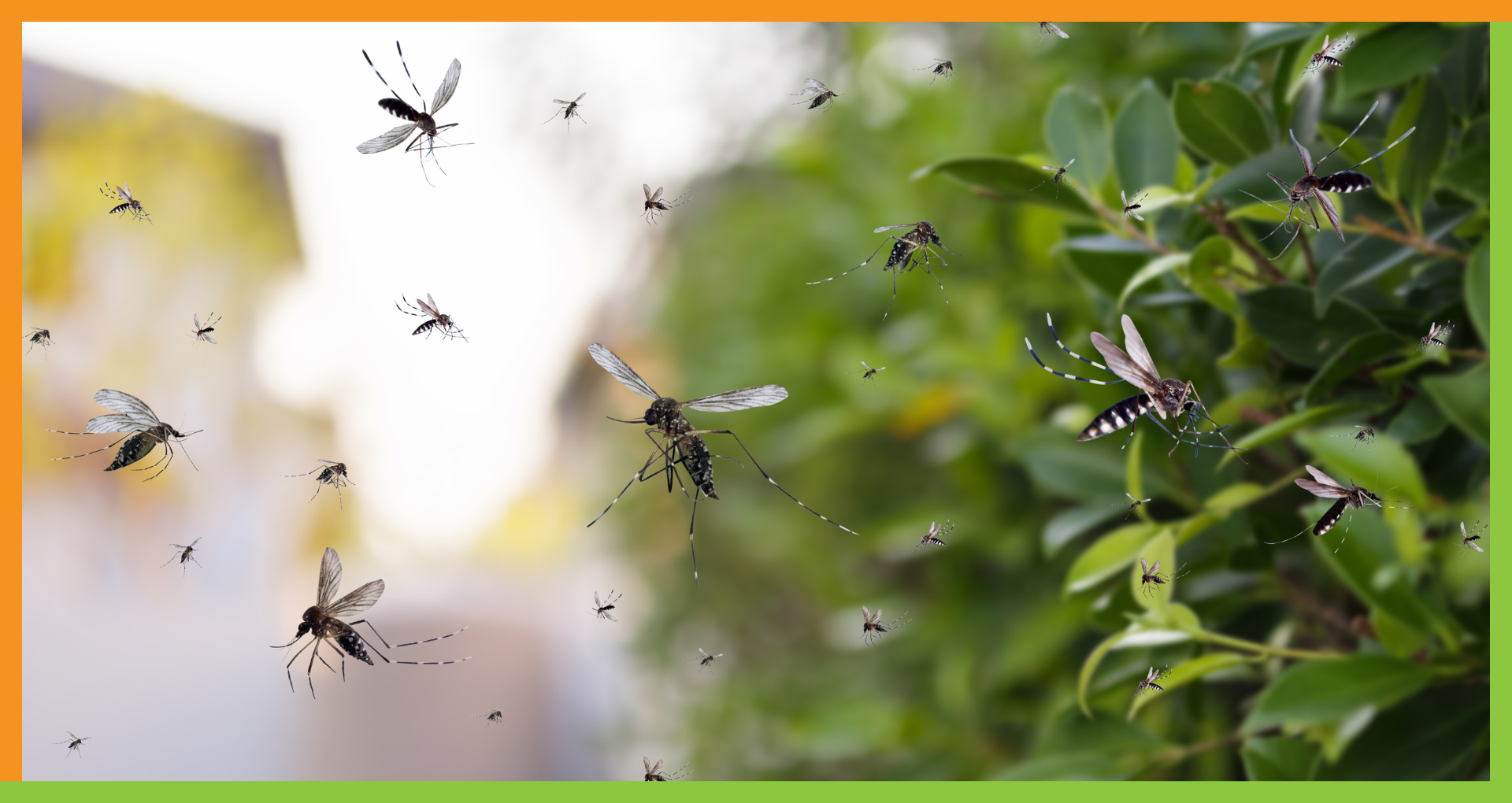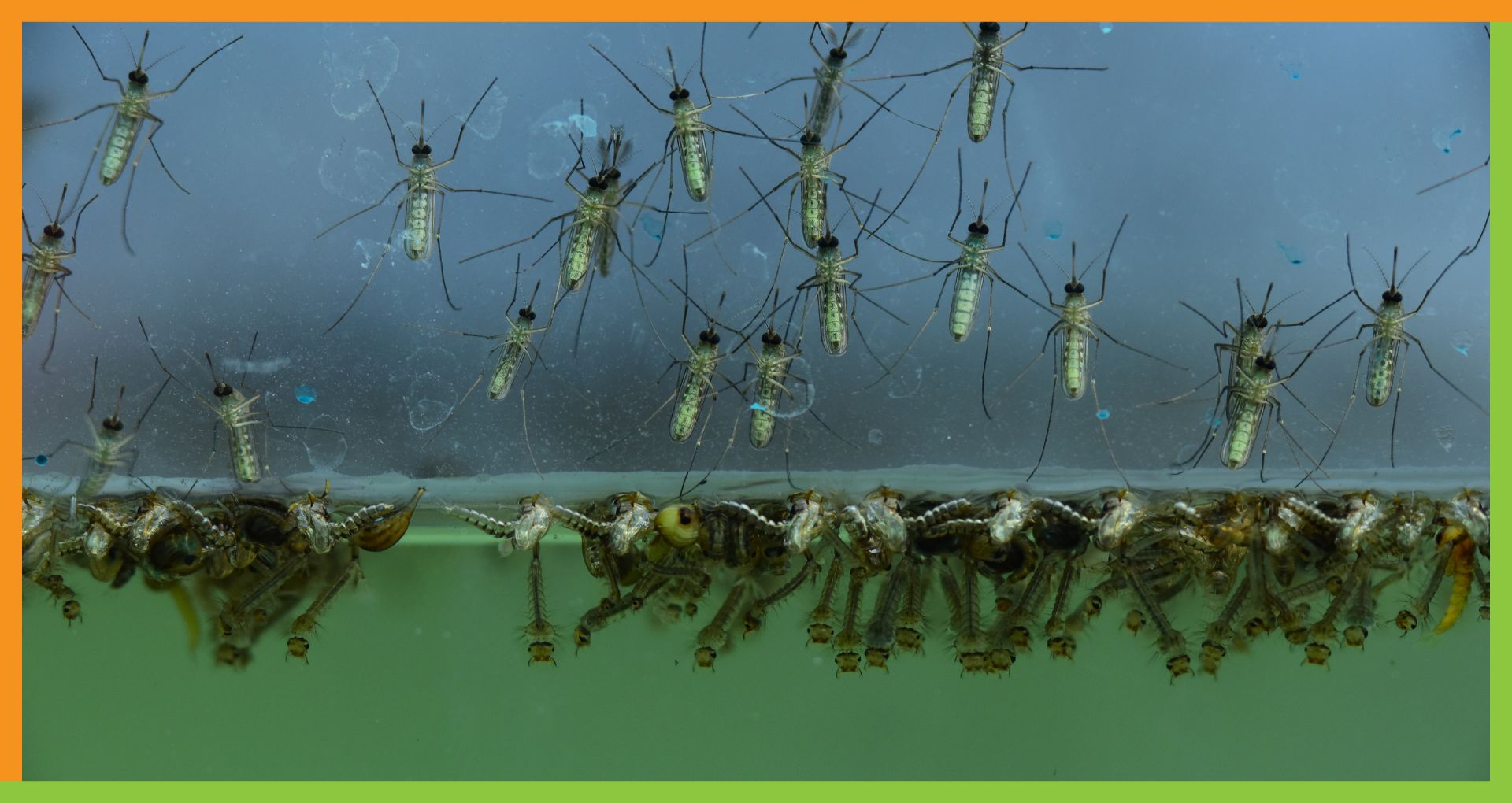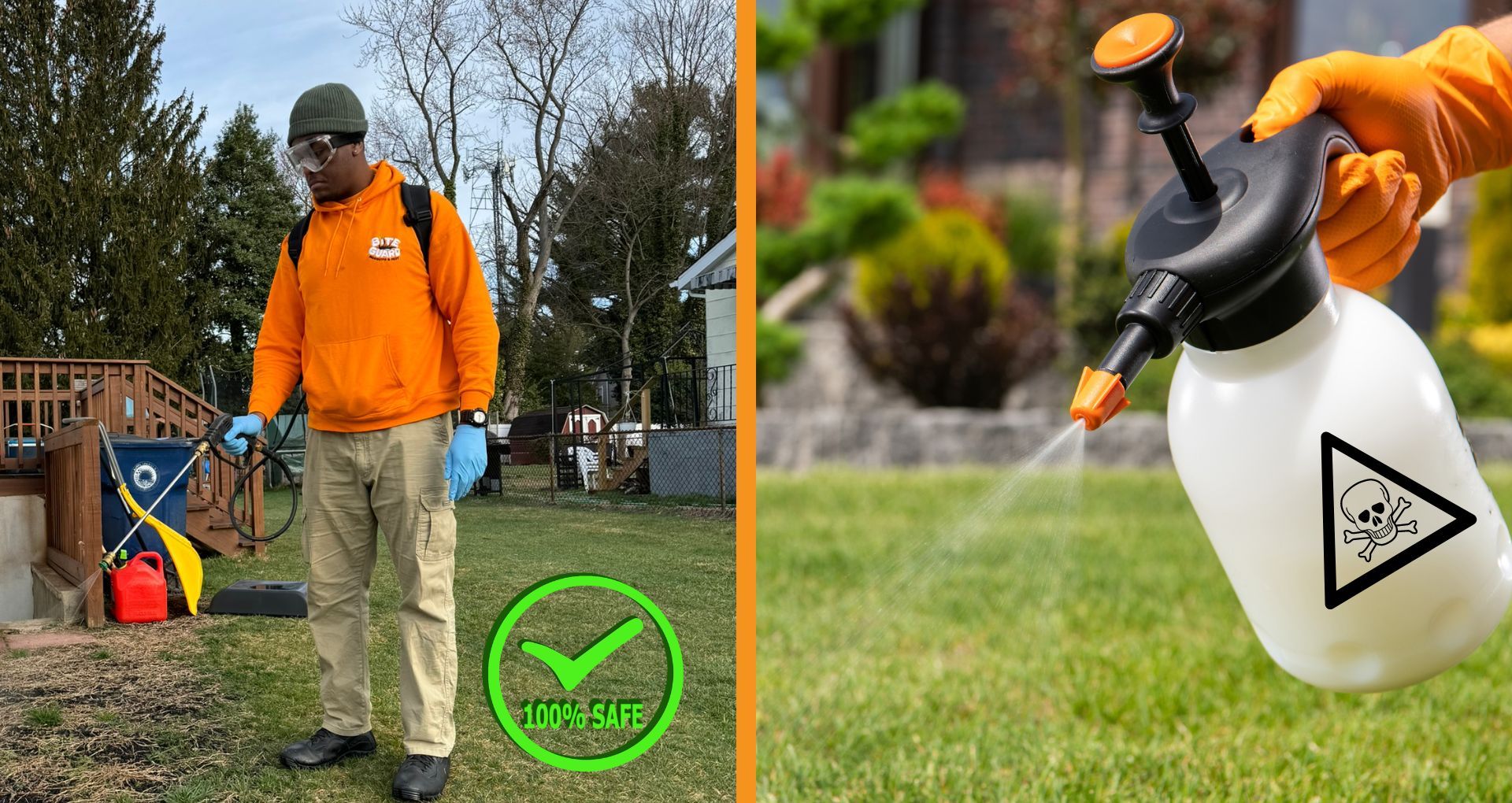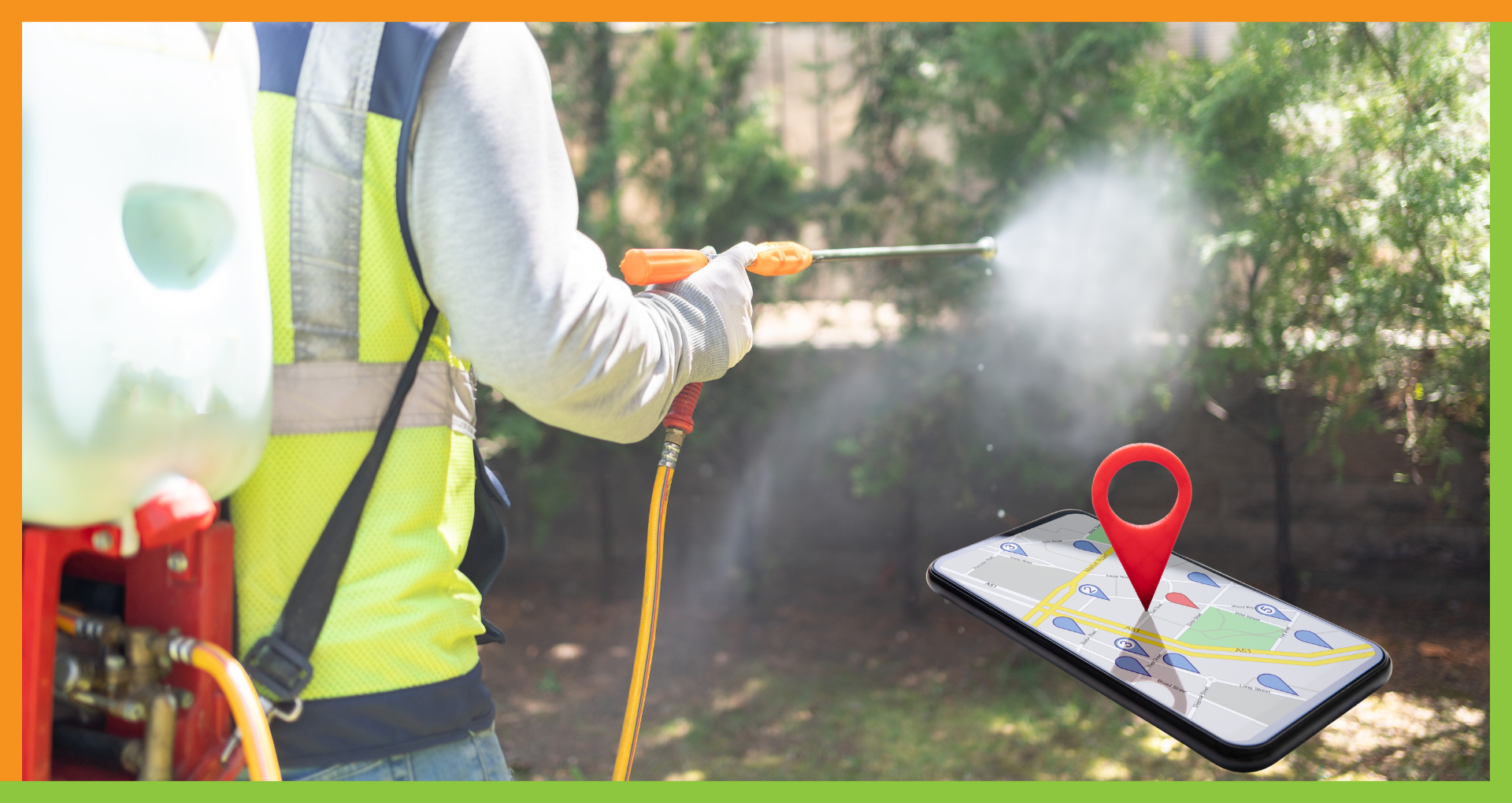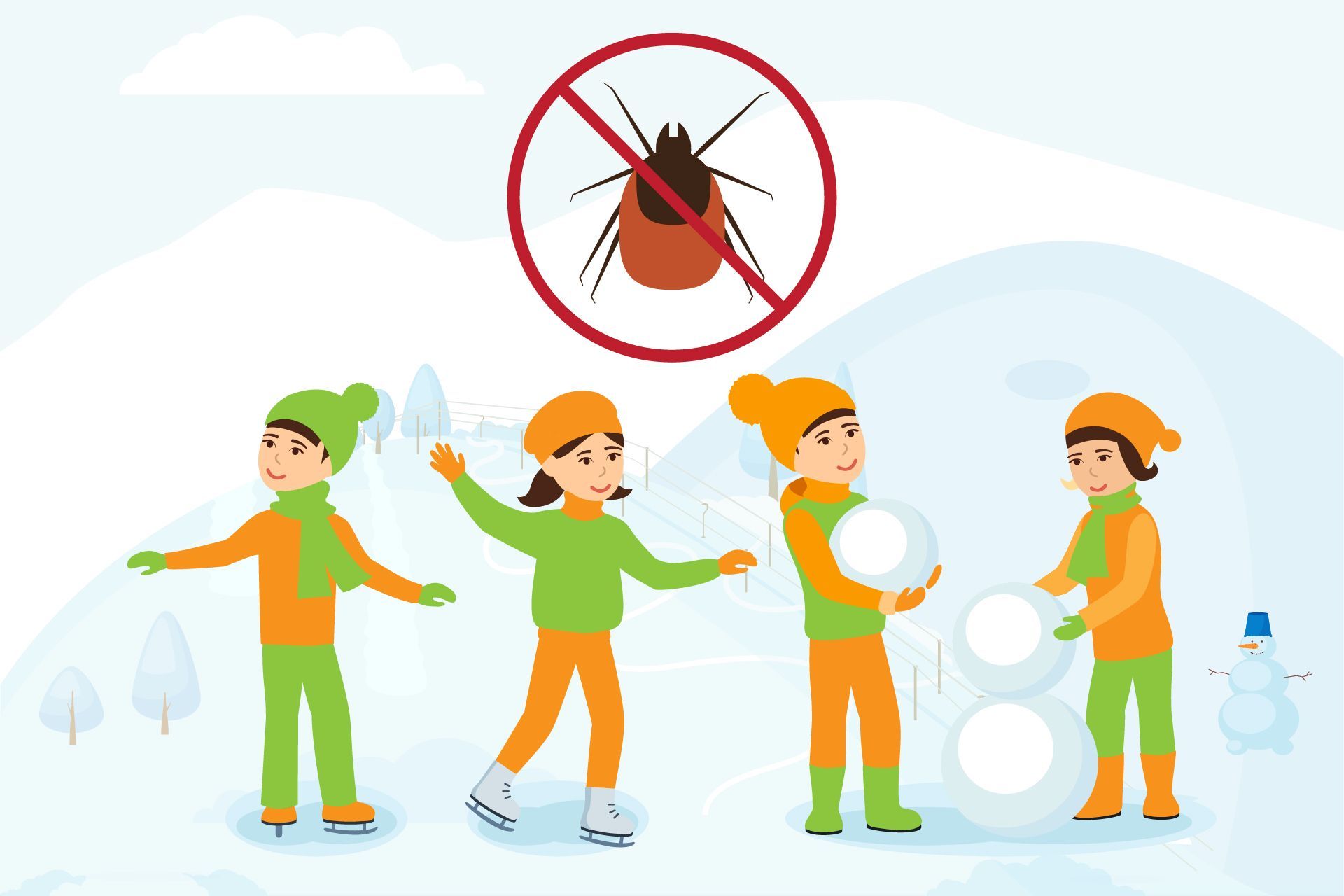Blog
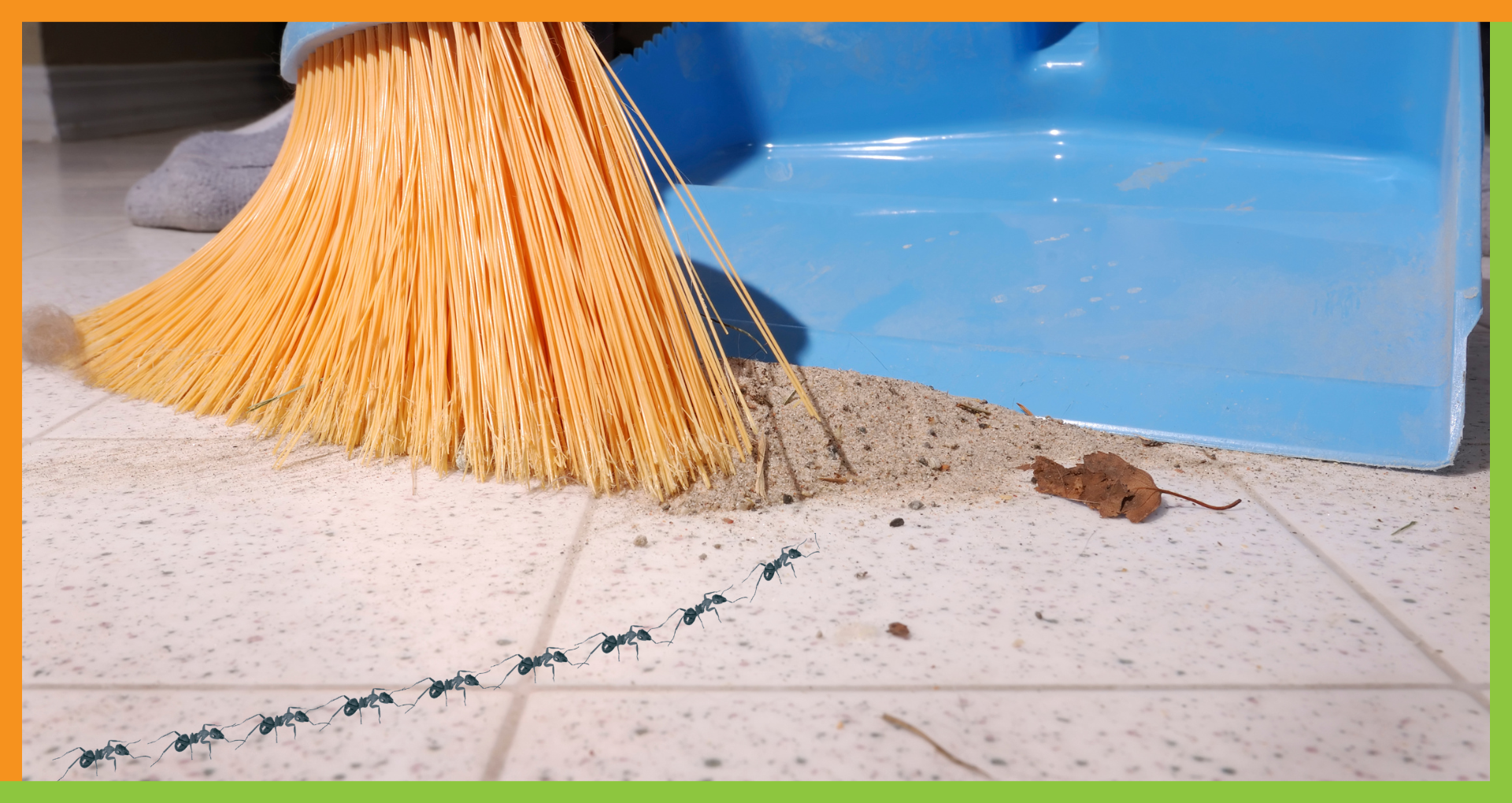
By Mike Morgen
•
April 2, 2024
Explore our comprehensive guide to spring cleaning, designed to declutter and sanitize every corner. From fortifying your fortress to vigilant yard maintenance, learn how to cultivate a haven free from unwelcome critters. Embrace the season change with these expert tips!
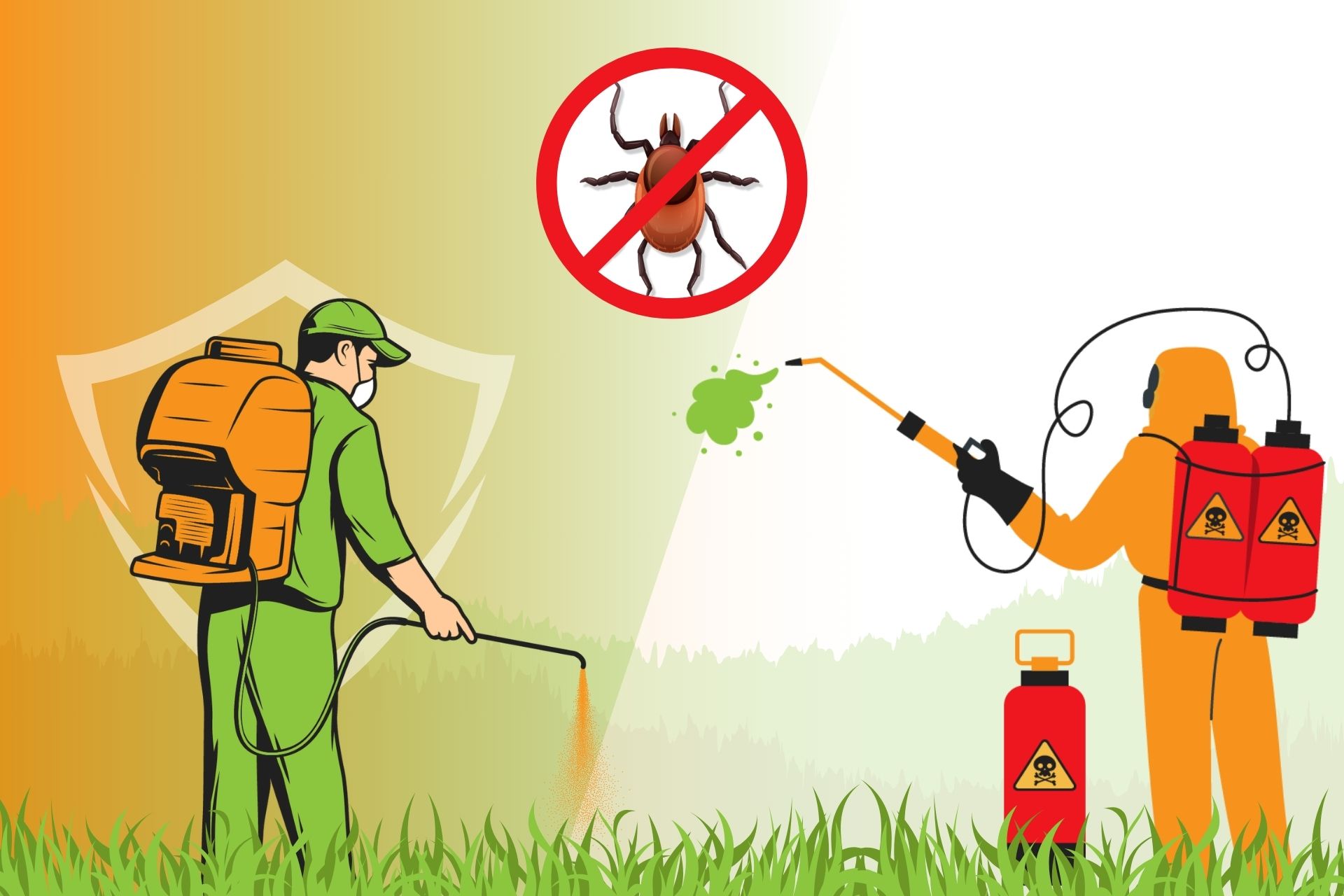
By Mike Morgen
•
March 12, 2024
In New Jersey, yards can become a bustling hub for a variety of pests, and you might just find yourself at a crossroads: should you opt for natural solutions or chemical treatments for pest control? It’s a good question! After all, nobody wants their beloved family and pets around bugs or chemicals. Let’s unpack the pros and cons together. Understanding New Jersey's Common Pests New Jersey's diverse climate hosts a range of pests, each one with its own particular troublemaking expertise. To name a few: Emerald Ash Borer : These invasive beetles target and infest ash trees, causing significant damage and potentially killing the trees altogether. Asian Tiger Mosquito : Known for transmitting diseases like West Nile virus, these mosquitoes thrive in urban areas and breed in stagnant water sources, causing health concerns for residents. Variety of Ticks : While not insects in the technical sense, ticks are prevalent in New Jersey and can transmit diseases like Lyme disease, posing health risks to humans and pets. Understanding these pests is the first step towards effective management, but back to the question at hand: which is the best method of actual extermination? Chemical Treatments for Pest Control First let's look at chemical treatments. This is the traditional approach, and it's true that these chemicals offer quick and effective pest eradication. However, they come with potential drawbacks. For example, the same chemicals used to control pests are also contributors to environmental pollution and health risks to humans and pets. Talk about a downside! And in New Jersey, where environmental consciousness is growing, these factors are increasingly important to consider. Natural Solutions for Pest Control Okay, so chemicals are bad, but are there any other options? Yes! Natural pest control methods, such as biological control and organic repellents, offer a safer alternative. These methods work harmoniously with the environment and are effective in keeping pests at bay without harming non-target species. While sometimes perceived as less potent, advancements in natural pest control methods have significantly enhanced their effectiveness. Comparing Natural Solutions and Chemical Treatments Environmental Impact : Natural methods tend to have a lower environmental impact as they are derived from natural sources and often target specific pests. Chemical methods on the other hand, if not applied correctly, can have adverse effects on beneficial insects, soil health, water quality, and wildlife. Cost : Initially, chemical methods might be more cost-effective due to their immediate impact, but natural methods can provide long-term benefits by preserving ecosystem balance. Effectiveness : Chemical methods often provide immediate and potent control over pests. However, pests can develop resistance to chemicals over time, reducing their long-term effectiveness. Natural methods might take longer to show results but can offer sustainable pest management. A balanced comparison shows that while chemical treatments are powerful and fast-acting, natural solutions come with a host of advantages, not least of which is the safety they guarantee for people, plants, and pets. Tailoring Pest Control to Your Needs Each NJ yard is unique, and so are its pest control needs. At Bite Guard Pest Control, we specialize in providing customized solutions, whether you prefer natural methods, require chemical treatments, or a combination of both. We can help you deal with those pesky yard critters once and for all! FAQ (Frequently Asked Questions) Q: Are natural pest control methods effective against all types of pests? A: While highly effective, natural methods may work better for some pests than others. A professional assessment can determine the best approach for your specific situation. Q: How do I know if I need chemical treatments for my yard? A: Chemical treatments might be necessary for severe infestations or specific types of pests. Our experts can help you make this decision. Q: What are some simple natural pest prevention steps I can take? A: Regular yard maintenance, using natural repellents, and removing standing water are excellent starting points. Q: How often should I use natural pest control methods? A: It varies depending on the method and the pest, but regular application is key for effectiveness. Q: Can natural and chemical methods be used together safely? A: Yes, with careful planning and expert guidance, these methods can be integrated for effective pest control.
626 Park Road, #5
Cherry Hill, NJ 08034
130 Hickman Road, Ste 11
Claymont, DE 19703
1-833-924-7378
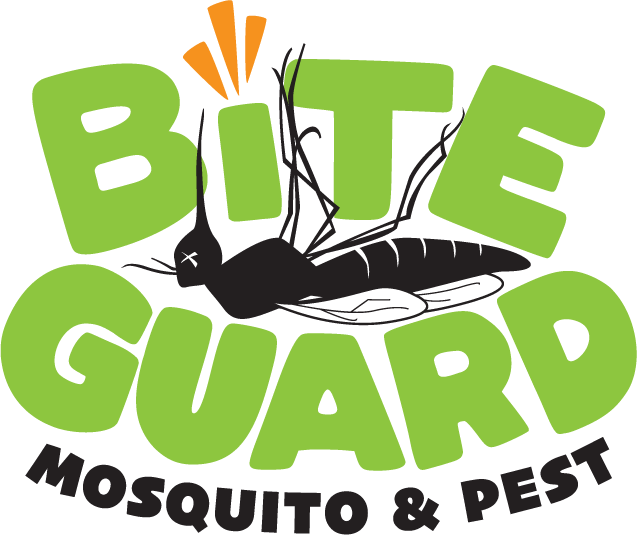
626 Park Road, #5
Cherry Hill, NJ 08034
130 Hickman Road, Ste 11
Claymont, DE 19703
1-833-9-BGPEST
1-833-924-7378
© 2025
All Rights Reserved | Bite Guard Mosquito & Pest
